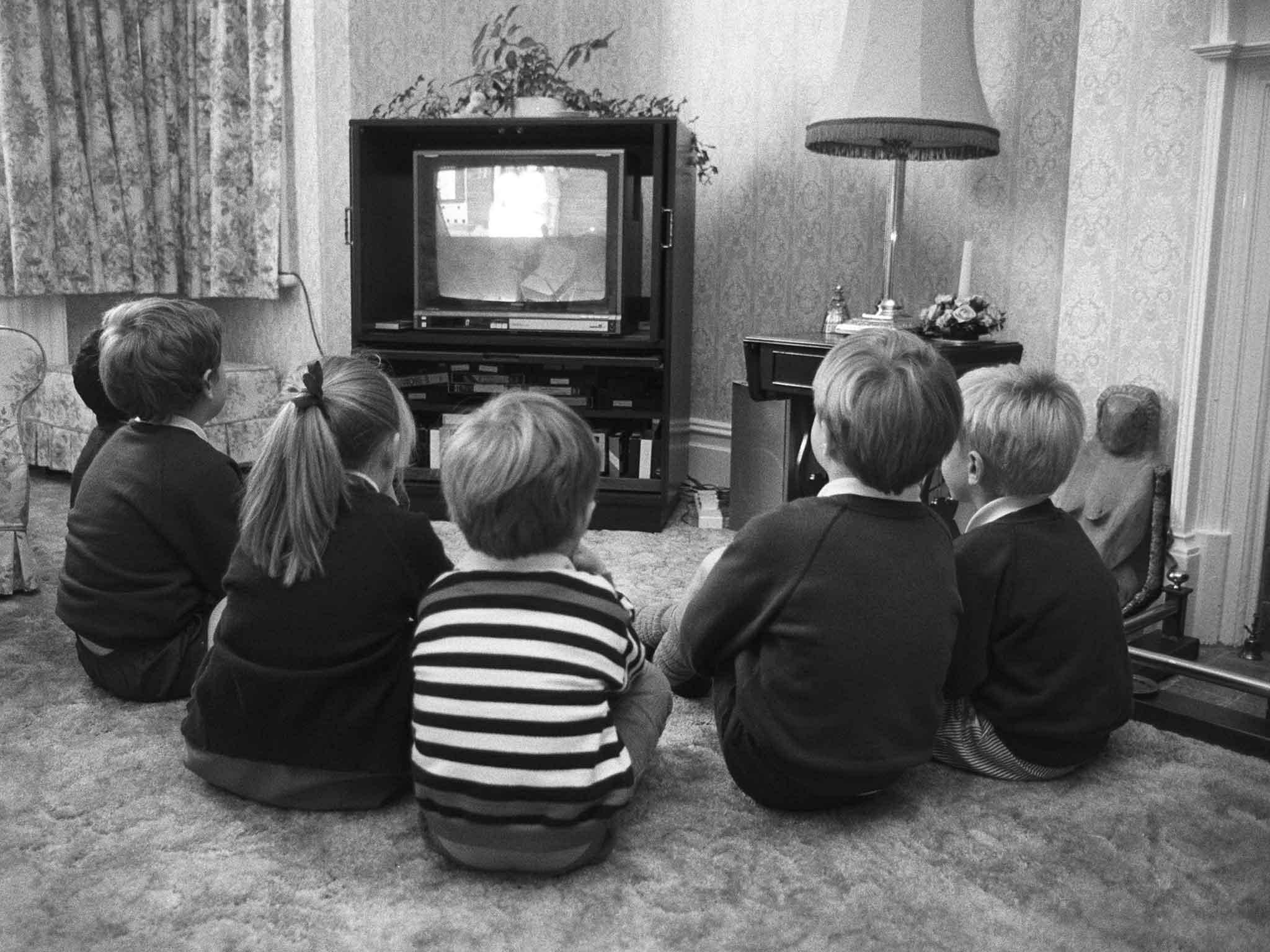Eighties baby? You’ll always fall behind on your finances
30-somethings have half as much wealth as those born just 10 years earlier. And their prospects won’t ever recover, research warns

People born in the early 1980s have half the wealth that those born in the 1970s had at the same age, as economic circumstances look set to prevent 30-somethings from ever catching up.
Data from renowned think thank the Institute for Fiscal Studies (IFS) has confirmed what many older millennials had suspected for some time – that income stagnation, property market booms and pension scheme closures mean net household wealth among Eighties babies is £27,000 per adult - about half the £53,000 average wealth (including housing, savings, investments, pensions and other assets) that 1970s babies had at the same age.
They also have much lower home ownership rates in early adulthood than any generation for half a century. At the age of 30, only 40 per cent of those born in the early 1980s were owner-occupiers, compared to at least 55 per cent of the 1940s, 1950s, 1960s and 1970s cohorts. Meanwhile, renters born in the early 1980s spent nearly 30 per cent of their net income on housing costs on average, twice that of homeowners.
Those born in the early 1980s were the first post-war cohort not to enjoy higher incomes in early adulthood than those born in the previous decade. it's the result of the overall stagnation of working-age incomes, but it also reflects the fact that the “Great Recession” hit the pay and employment of young adults the hardest.
And, crucially, it looks like those born in the early 1980s are likely to find it harder than their predecessors to build up wealth in housing and pensions as they age. “Sharp falls in home-ownership rates and in access to generous company pension schemes, alongside historically low interest rates, will make it much harder for today’s young adults to build up wealth in future than it was for previous generations,” warned Andrew Hood, author of the report and Research Economist at the IFS.
While the recent introduction of auto-enrolment in a workplace pension scheme means that younger workers have higher overall pension membership than their predecessors did, they come with much lower levels of generosity.
Join our commenting forum
Join thought-provoking conversations, follow other Independent readers and see their replies
Comments
Bookmark popover
Removed from bookmarks